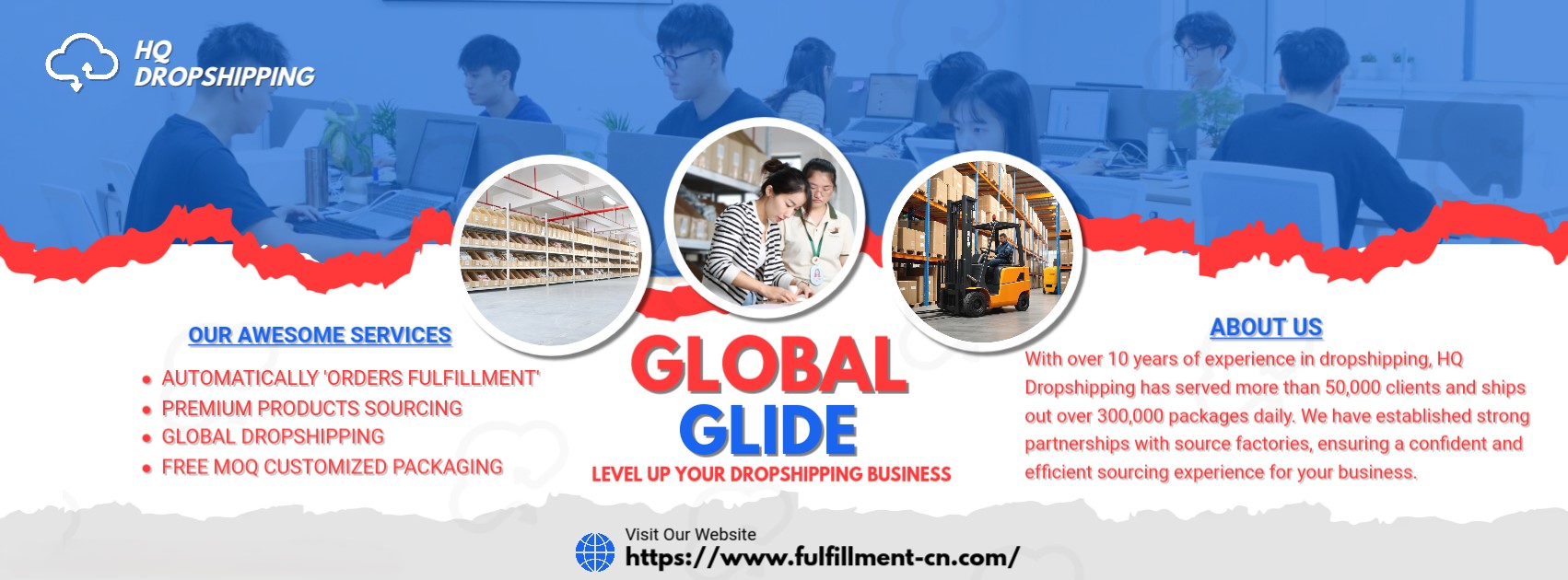

Impact of European Port Strikes on Shipping and Supply Chains
The global logistics landscape is no stranger to disruptions, but the recent strikes in major European ports have significantly impacted shipping and supply chains. For businesses relying on international trade, especially those engaged in dropshipping and fulfillment, these developments pose substantial challenges. In this article, we’ll explore the effects of these strikes, what it means for global shipping, and how businesses can adapt to maintain efficient operations.
The Strike Impact: European Ports and Global Shipping Delays
The ongoing labor strikes at key European ports, including the ports of Rotterdam, Antwerp, and Hamburg, have caused severe delays and congestion. With workers demanding better pay and working conditions, port operations have slowed down, causing a backlog of goods and delays in shipments.
European ports are critical hubs for global trade, especially for dropshipping businesses that rely on quick inventory turnover and timely deliveries. When strikes occur, container ships face delays in unloading, which then ripples through the entire supply chain, causing disruptions at distribution centers and affecting retail timelines.
The Ripple Effect on Supply Chains
For dropshipping businesses that depend on a smooth flow of goods from manufacturers to consumers, these disruptions can be costly. Products may not arrive on time, leading to frustrated customers and potential revenue loss. Furthermore, fulfillment centers that operate in or rely on these European ports could experience delays in stock replenishment, which means products could go out of stock faster than anticipated.
The ripple effect doesn’t stop at product availability. Shipping delays result in longer lead times for customers, which can undermine the trust consumers have in e-commerce platforms, especially during peak seasons such as the holidays.
Adapting to the Challenges: What Can Businesses Do?
While the strikes and port congestion may seem beyond your control, there are several proactive steps dropshipping businesses can take to minimize disruptions:
Diversify Shipping Routes and Ports: One of the most effective strategies is to explore alternate shipping routes and use ports less affected by the strikes. This might involve rerouting shipments through other European ports or using non-European ports as transit hubs, depending on your supplier’s location.
Forecasting and Buffer Stocks: By increasing safety stock levels and improving demand forecasting, businesses can buffer against delays. For businesses relying on fulfillment services, collaborating with partners who have regional warehouses can reduce dependency on congested ports.
Transparent Communication with Customers: Communicating proactively with customers about potential delays can help maintain customer satisfaction. Offering them updates and even tracking systems to monitor their orders can alleviate frustration caused by delays.
Re-evaluate Fulfillment Centers: Evaluate whether to partner with 3PL (third-party logistics) providers who have better flexibility and adaptability to shipping disruptions. These providers can optimize supply chain operations and provide quicker routes to mitigate delays caused by port strikes.
The Role of Technology in Navigating Delays
Utilizing technology is crucial in adapting to shipping disruptions. By using data analytics, businesses can track inventory levels, optimize shipping routes, and predict possible delays. For dropshippers, integrating real-time tracking tools into their platforms can ensure customers are always informed about the status of their orders.
In addition, advanced systems allow businesses to automate order fulfillment and reduce human error, which speeds up decision-making and minimizes delays due to unexpected disruptions.
Conclusion: Navigating Through Strikes and Port Disruptions
While the strikes at European ports may be out of your control, there are ways for businesses to adjust and remain competitive. By diversifying shipping routes, using technology to manage supply chains, and improving communication with customers, you can minimize the impact on your dropshipping business.
Being proactive and adaptable is essential for businesses relying on global supply chains. Whether you’re sourcing products from international suppliers or fulfilling orders for international customers, understanding the challenges posed by disruptions like these will allow you to plan better and keep your business running smoothly.
At HQ Dropshipping, we help you go even further. Our team provides:
✅Real-time inventory management synced with platforms like Shopify or WooCommerce
✅Efficient global delivery to over 200 countries with customs clearance support
✅Optional custom packaging and dedicated after-sales service
Whether you're preparing for Children’s Day or looking to build a sustainable e-commerce business, dropshipping offers the flexibility and power to adapt quickly and sell effectively. And with a reliable logistics partner like us, you'll have the tools to scale with confidence.Ready to bring joy this Children’s Day and beyond? Let us help you turn seasonal gifting into long-term business success.





Customer's favorable comments is our eternal motivation. We feel grateful for all the support and company.

Lorem ipsum dolor sit amet, consetetur sadipscing elitr, sed diam nonumy eirmod tempor invidunt ut labore et dolore magna aliquyam erat, sed diam voluptua.
